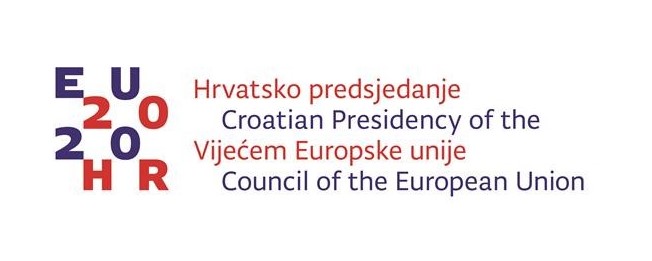
Working to discern patterns of environmental disinformation in an online world
For the past eight years, disinformation has dominated news around elections all over the world. Despite this, it is still a widely misunderstood con...
News

Publish date: December 20, 2019
News
As of January 1st, Croatia will be in charge of the presidency of the European Council which means a new set of priorities for legislation will be established. Under the Presidency’s motto “A strong Europe in a world of challenges”, Croatia has set up four key agenda points.
I. A Europe that develops
The country’s prime minister Andrej Plenković has announced that Croatia is particularly interested in Europe growing its international economic and labour market. For Plenković, this involves supporting the single market, business digitalisation, and boosting competitiveness. In order to create better working and living conditions for EU citizens, tackling climate change and protecting the environment are inevitable, says Plenković. The Croatian Presidency plans to advocate for a balanced, sustainable and inclusive development of the EU. In terms of environmental targets, Plenković mentioned it would be necessary to “encourage economic development which is ecologically more viable so as to ensure a successful transition to a low-carbon and circular economy”. However, there are many climate-related topics like the carbon border tax, which the Presidency doesn’t have a clear position on.
The Croatian Presidency wants to ensure that Europe is keeping up with the trend of increasing connectivity in the world. To ensure a complete social, economic and territorial unity, the Presidency sees a necessity in further developing traffic, energy and digital infrastructure. This encompasses financing further building and infrastructure networks, improving existing European traffic networks and digitalising the traffic sector. In the frame of establishing an integrated energy market, the Croatian Presidency wants to further strengthen an Energy Union, increase energy infrastructure and diversification including renewable and low-carbon energy sources. The Presidency to be also has a special interest in exploring the potential of islands being energy autonomous and has already announced to use the Croatian island of Krk as a role model for how to enable a clean energy transition in Europe.
The Croatian Presidency sees an urgent need in ensuring EU citizens’ safety. To achieve that they aim to strengthen internal security, protect external borders, better the interoperability of information systems and become more resilient to cyber threats. Migration and asylum matters will also stay one of the top priorities.
For EU’s foreign policy the Croatian Presidency plans to stick to the main guidelines and continue to strengthen multilaterism, fulfil the UN Sustainable Development goals and to further maintain a credible European enlargement policy for the Western Balkans. The Croatian Presidency wants the EU to act as an international leader and to take a leading role in combating climate change. Lastly, the Croatian Presidency wants to promote European values and interests.
In general, the Croatian Presidency mentions climate action much less than the previous Finnish Presidency. It is important to note that Croatian civil society is very active and that Croatian NGOs as well as other member states pushed the upcoming Presidency to set climate neutrality for Europe by 2050 as one of their priorities. The Presidency might mostly focus on the economy and the labour market, however, with maritime and tourism making up 1/3 of Croatia’s GDP, we can expect the environmental focus to be on maritime emissions and achieving a 50% emission reduction in the sector by 2050. With Croatia’s agenda particularly focusing on economic growth, cohesion and climate change, Bellona urges the Presidency to keep in mind that climate change mitigation and environmental policies are not there to hamper growth – they go hand in hand with a stronger European economy.

For the past eight years, disinformation has dominated news around elections all over the world. Despite this, it is still a widely misunderstood con...

A ruling by the European Free Trade Association Court that Norway’s continental shelf falls under the European Economic Area Agreement could dramatic...

Bellona held a seminar on countering Russian disinformation in the Arctic at the Arctic Frontiers international conference in Norway

Our December Nuclear Digest, reported by Bellona’s Environmental Transparency Center, is out now. Here’s a quick taste of three nuclear issues arisin...